
Mirascope
Open-source Python toolkit for integrating LLMs into applications, providing flexibility with structured data generation and extraction.
Browse our elite collection of AI agents and build your digital workforce in minutes, not months.

Open-source Python toolkit for integrating LLMs into applications, providing flexibility with structured data generation and extraction.

A minimalist LLM framework for task decomposition, agent decision-making, and coding assistant integration.

MetaGPT is an AI framework that automates software development tasks, from planning to code generation.

A toolkit for developers to build scalable natural language interfaces with AI functions and customizable bots.

Low-code framework for building and deploying AI agents, enabling fast integration of generative AI apps.

Open-source Python package reimplementing Auto-GPT for modular AI agents with GPT-3.5, human-in-the-loop, and custom tools.
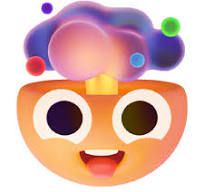
Open-source AI chat platform for creating custom chatbots with multi-model support, speech synthesis, and visual recognition.
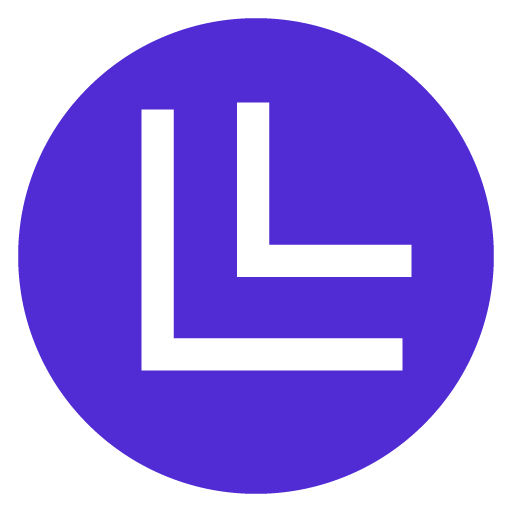
A .NET SDK for building multimodal AI agents, enabling data processing and agent coordination in C# and VB.NET.
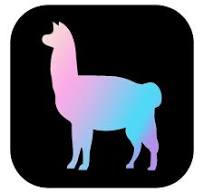
A flexible framework connecting data sources to LLMs for autonomous tasks and dynamic data management.
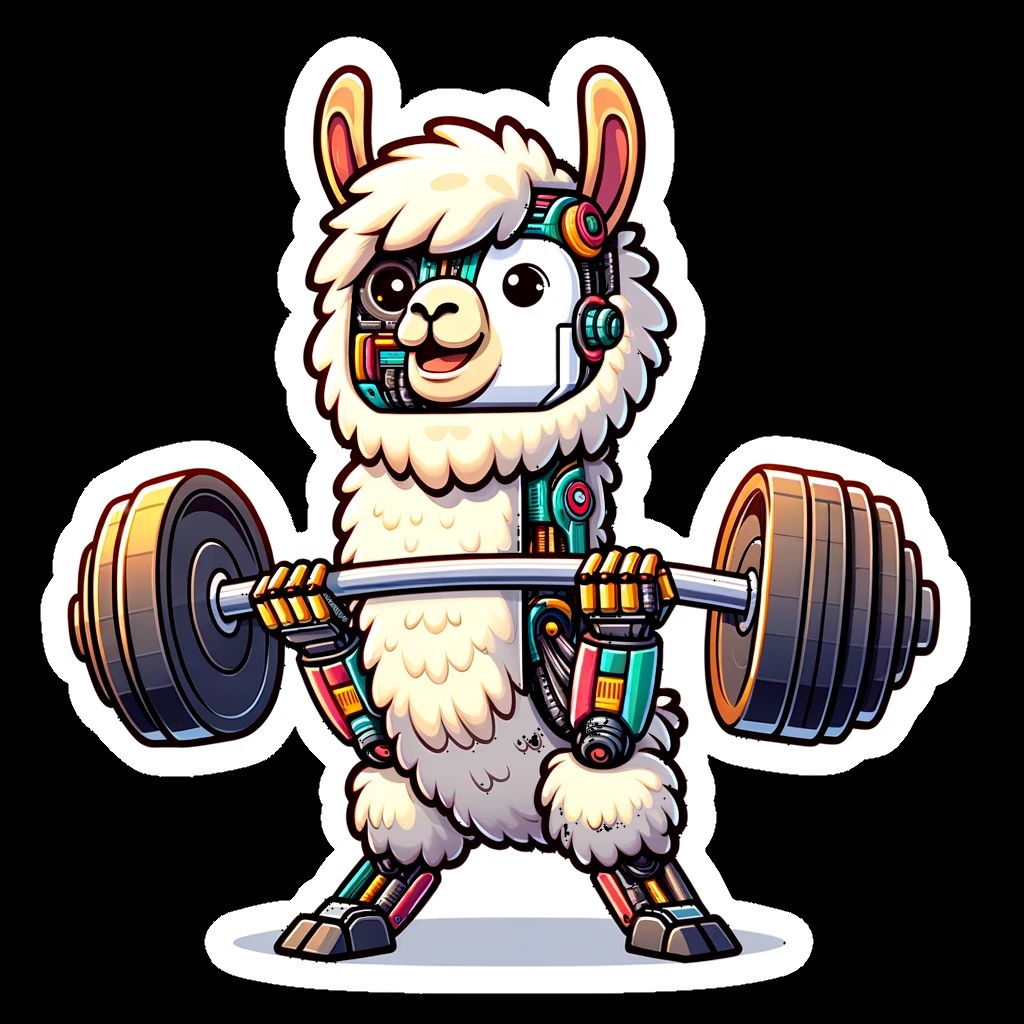
A tool for fine-tuning LLM agents with reinforcement learning, enabling easy experimentation with prompts and hyperparameters.
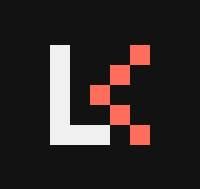
Real-time communication APIs for building scalable, low-latency, and interactive applications with voice and video.
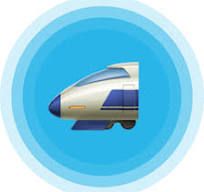
An open-source package providing a unified interface to integrate multiple LLM APIs, including OpenAI, Azure, and Anthropic.
Top open-source AI frameworks include TensorFlow, PyTorch, Keras, OpenAI Gym, Hugging Face Transformers, and Apache MXNet.
Autonomous agents are AI systems that can make decisions and perform tasks without human intervention, typically using predefined goals and learning from their environment
They perceive their environment, process information, make decisions, and act based on those decisions, continuously adapting through learning and feedback loops.
An AI framework is a software structure that provides tools, libraries, and functionalities to build and deploy AI models and systems, simplifying development and integration.
A single-agent system involves one autonomous agent performing tasks, while a multi-agent system involves multiple agents that interact, collaborate, or compete to achieve their respective goals.
Benefits include faster development, reduced complexity, standardized approaches to building agents, and better integration with existing systems and environments.
They provide tools for learning from data, modeling environments, simulating actions, and evaluating outcomes, enabling agents to make informed decisions based on these processes.
Challenges include communication and coordination between agents, managing conflicts, ensuring stability in dynamic environments, and scalability issues as the number of agents increases.
Open-source AI frameworks provide free access to advanced AI tools, encourage community collaboration, offer flexibility in customization, and reduce the cost of development.
Autonomous AI agents can automate routine tasks, enhance decision-making, improve customer service, reduce operational costs, and allow businesses to scale efficiently.